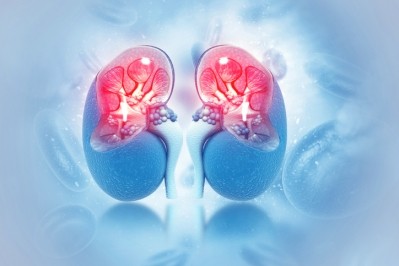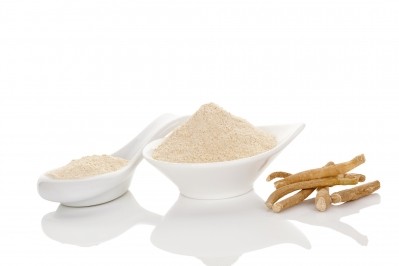Ashwagandha root extract may improve sexual health in healthy women: RCT

Data published in Cureus indicated that eight weeks of supplementation with KSM-66 Ashwagandha (Withania somnifera) led to statistically significant improvements in measures of sexual function in 80 healthy women, including desire, arousal, lubrication, orgasm, and sexual satisfaction, compared to placebo.
The study offers potential natural routes to improve sexual health, with some studies suggesting that as many as 40% of women may suffer from poor sexual function.
“Significant improvements in the FSFI [Female Sexual Function Index] scores and FSDS [Female Sexual Distress Scale] scores were observed with Ashwagandha,” reported scientists from Vedanta Hospital, D.Y. Patil University School of Medicine, and Prakruti Hospital, all in Mumbai.
“Oral administration of standardized Ashwagandha root extract for eight weeks improves female sexual health in otherwise healthy women who do not have any hormonal disturbances.”
Demand
According to a monograph from the American Herbal Pharmacopoeia (AHP), the herb has a history of use in ayurvedic medicine that dates back as much as 4,000 years to the teaching of renowned scholar Punarvasu Atreya, and in subsequent works that make up the ayurvedic tradition. The name of the herb derives from Sanskrit, and means “smells like a horse”, which refers to the strong smell of the root which is said to be redolent of horse sweat or urine.
According to HerbalGram’s Herb Market Report, sales of herbal supplements with Ashwagandha hit $92 million in the US Mainstream Multi-Outlet Channel for 2021, an increase of 226% over the previous year. This surge saw ashwagandha leap to number 7 on the best-selling list in the mainstream channel. In 2019, the herb was only number 33 in this channel.
An additional $16.7 million in sales were reported from the Natural Channel (an increase of 23% from 2020).
The study adds to the ever-growing body of data supporting the potential benefits of Ashwagandha, which already include supporting a healthy response to stress, cognitive function, sleep, metabolic wellness, adrenal function, sports performance, and more.
Ashwagandha root is a well-known adaptogen — a substance believed to increase the body’s ability to adapt to different forms of stress.
Study details
The Mumbai-based scientists recruited 80 women aged between 18 and 50 with “hypoactive sexual desire disorder” participate in their prospective, randomized, placebo-controlled study. The women were randomly assigned to receive either the ashwagandha root extract (600 mg per day) or placebo for eight weeks.
At the end of the intervention period, the data showed significant improvements in FSFI scores in women in the ashwagandha group, compared to placebo, with sub-scale improvements also reported.
The researchers also reported that the FSDS scores also improved to a greater extent after ashwagandha supplementation, although the values did not reach statistical significance.
Quality of life (QoL) was also assessed by the research team using the general health questionnaire (GHQ-28) scale, with data showing greater improvements in the ashwagandha group, but again these differences did not reach statistical significance.
“Ashwagandha has a member potential to be useful in improving female sexual function due to being an “adaptogen.” which can regulate body metabolic functions in individuals with physical or mental stress,” wrote the researchers.
Source: Cureus
14(10): e30787. doi: 10.7759/cureus.30787
“Efficacy and Safety of Ashwagandha (Withania somnifera) Root Extract for Improvement of Sexual Health in Healthy Women: A Prospective, Randomized, Placebo-Controlled Study”
Authors: A. Ajgaonkar et al.










